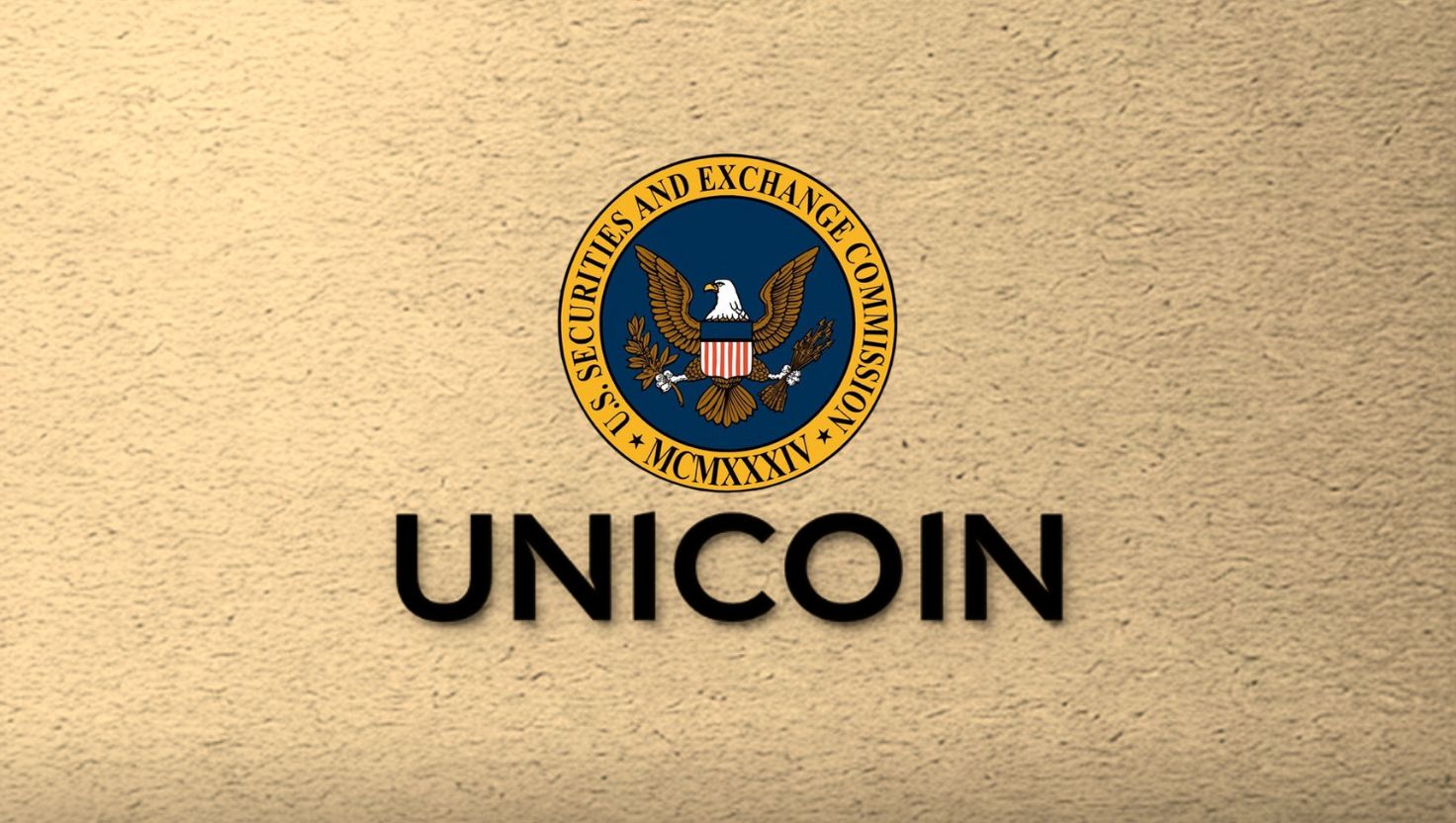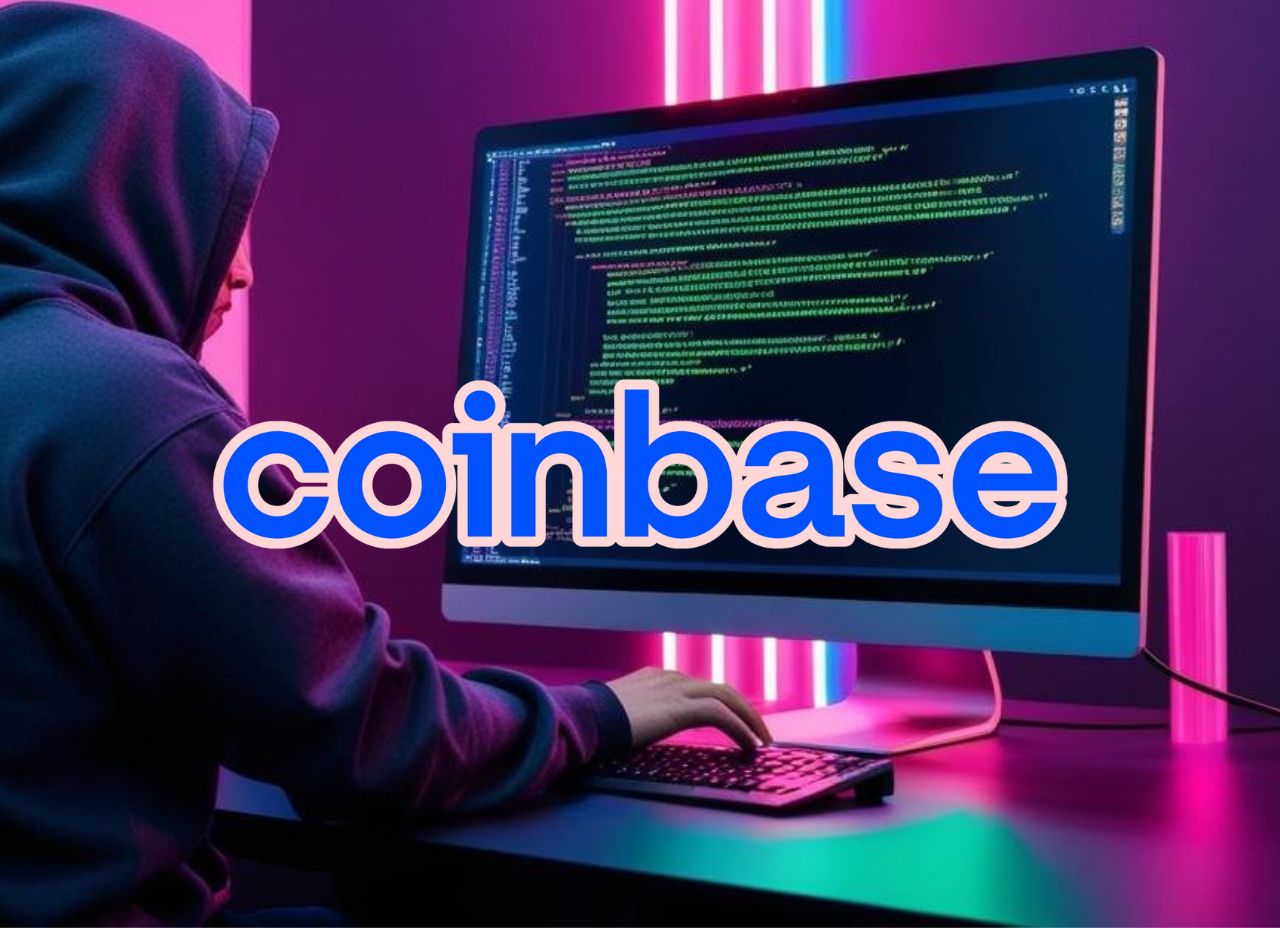
Binance, the world’s largest cryptocurrency exchange by trading volume, has announced a groundbreaking integration of its payment platform, Binance Pay, with Brazil’s instant payment system, Pix. This development, revealed on Wednesday, allows over 174 million Pix users to make real-time payments in Brazilian reais using more than 100 cryptocurrencies, marking a significant step toward mainstream crypto adoption in Latin America’s largest economy.
The integration enables Binance users in Brazil to instantly convert digital assets into reais for payments to merchants or transfers to any Pix-compatible bank account. Transactions are completed in seconds, leveraging Pix’s robust infrastructure, which processes over 6 billion transactions monthly. Launched by the Central Bank of Brazil in 2020, Pix has become the country’s dominant payment method, surpassing cash and debit cards, with 43% of Brazilian consumers using it daily, according to a PYMNTS Intelligence report.
“This is a significant milestone because it is the first time Binance Pay is integrated into a national payment system in the world,” said Guilherme Nazar, Binance’s regional vice president for Latin America. “It allows our users in Brazil to use their cryptocurrencies for payments at any commercial establishment and to anyone in the country, quickly, safely, and easily.”
The move aligns with Brazil’s growing embrace of digital currencies, where 17.5% of the population—roughly 37 million people—owns cryptocurrencies, making it the sixth-largest crypto market globally.
Richard Teng, CEO of Binance, described the integration as “a revolutionary step forward,” combining Pix’s speed and accessibility with Binance’s global crypto infrastructure. “This partnership brings crypto into everyday life, making it easier for users to spend digital assets in real-world transactions,” Teng added.
Pix’s rise since its debut has transformed Brazil’s financial landscape. The system, which operates 24/7 and allows instant transfers using a QR code, phone number, or national ID, has driven financial inclusion, integrating 71.5 million users into the financial system by late 2022, per Central Bank data.
Its popularity stems from its speed, low cost, and universal adoption, with 750 financial institutions mandated to participate. In 2023, Pix transactions reached 17.2 trillion reais ($3.4 trillion USD), outpacing card-based payments.
The Binance-Pix integration is expected to further accelerate this trend, particularly in e-commerce, where Pix is projected to overtake credit cards by the end of 2025, capturing 44% of the online payment market, according to a study by Brazilian payments firm. By enabling crypto-powered payments, Binance Pay could attract more merchants and consumers to digital currencies, especially as Pix prepares to introduce new features like Pix Automático for recurring payments in June 2025 and installment payment options in September 2025.
However, this is not the first crypto platform to tap into Pix’s infrastructure. In January 2025, Bybit, the world’s second-largest crypto exchange, launched Bybit Pay with Pix integration, offering similar instant crypto-to-fiat payment capabilities. Bybit’s rollout included a promotional cashback campaign to attract users, signaling growing competition in Brazil’s crypto payment space.
Despite its potential, the integration comes amid regulatory scrutiny for Binance in Brazil. In August 2024, the Brazilian Securities and Exchange Commission fined Binance 9.6 million reais ($1.76 million) for offering unlicensed derivatives trading services, highlighting the challenges crypto platforms face in navigating local regulations.
For now, the Binance Pay-Pix integration is poised to reshape how Brazilians use cryptocurrencies, bridging the gap between digital assets and everyday transactions. As one X user posted, “Binance Pay now supports Brazil’s Pix system! Users can make real-time crypto payments in reais to any Pix account, bringing crypto closer to everyday use for 174M+ Brazilians.” With Pix’s widespread adoption and Brazil’s crypto-friendly market, this partnership could set a precedent for similar integrations worldwide.
















 Join our Telegram Channel
Join our Telegram Channel